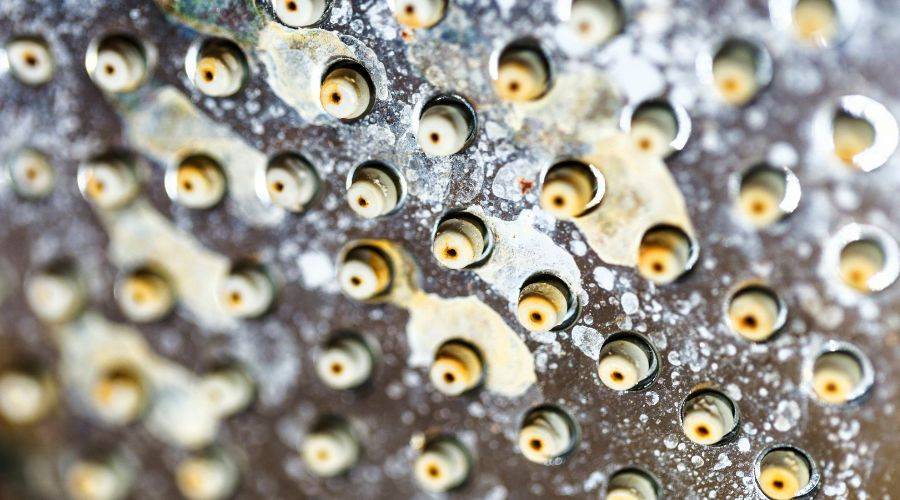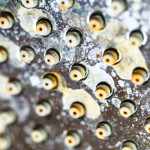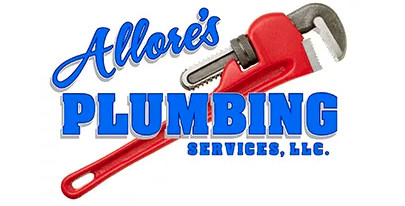Understanding Hard Water
Water is vital for life and one of our planet's most versatile substances. However, certain qualities of household water can leave much to be desired. One common issue is hard water, which refers to water with a high concentration of minerals, primarily calcium and magnesium. As water travels through the natural water cycle, it comes into contact with various geological formations, which release these minerals into the water. This process leads to the water being classified as "hard."
Although municipal water treatment facilities process water to make it safe, they leave these minerals intact since removing them on a large scale can be costly. Fortunately, hardness can be eliminated by installing a water softener.
Signs Your Home Has Hard Water
 Most water sources have varying levels of dissolved minerals, which contribute to the overall hardness of the water. This can affect everything from household cleaning to plumbing.
Most water sources have varying levels of dissolved minerals, which contribute to the overall hardness of the water. This can affect everything from household cleaning to plumbing.
Understanding the hardness of your water source is essential for addressing potential impacts on everyday use and maintenance. Higher mineral levels can create several challenges around the home. Common signs of hard water include:
- Dry, itchy skin and dull hair.
- Spots or streaks on dishes and glassware after washing.
- Stains and scale buildup on faucets, showerheads, and sinks.
- Clothes that fade quickly or feel rough after laundering.
- Frequent plumbing issues like clogged fixtures or reduced water pressure.
How Do Water Softeners Work?
 Water softeners are designed to remove the minerals that cause hard water, making the water more user-friendly. The most common minerals associated with water hardness – calcium and magnesium – are easily filtered out by whole-home water softening systems.
Water softeners are designed to remove the minerals that cause hard water, making the water more user-friendly. The most common minerals associated with water hardness – calcium and magnesium – are easily filtered out by whole-home water softening systems.
Here’s how it works: water flows over a resin bed inside the softener, where the resin captures the calcium and magnesium ions and exchanges them with sodium ions. Over time, the resin becomes saturated and is cleaned during an automatic regeneration process using a high-sodium brine solution. This process flushes the trapped minerals from the resin, resetting the system. Homeowners just need to periodically top off the salt in the brine tank to keep the system functioning smoothly.
Benefits of Softening Your Home’s Water
For homes dealing with hard water, installing a water softener offers numerous benefits, such as:
- Healthier Skin and Hair: Soft water rinses away soap and shampoo more effectively, leaving skin and hair clean, soft, and moisturized.
- Spotless Dishes and Bright Clothes: Soft water removes mineral residues that cause dishes to have spots and clothing to be dull and fade quickly.
- Extended Appliance Lifespan: Hard water can lead to scale buildup in appliances like water heaters, dishwashers, and washing machines, reducing efficiency and lifespan. Soft water helps these appliances perform better and last longer.
- Protected Plumbing: Hard water can lead to mineral deposits building up in pipes, which can cause clogs, corrosion, and poor water pressure. On the other hand, softened water helps keep the plumbing system clear, lowering the chances of expensive repairs later.
About Allore’s Plumbing Services LLC
Allore’s Plumbing Services LLC specializes in improving water quality for homeowners in Stuart, FL. Founded in 1986, they offer fast and reliable plumbing solutions customized to each homeowner's needs and backed by a 100% satisfaction guarantee. Call them for water softener installation in Stuart, FL.



